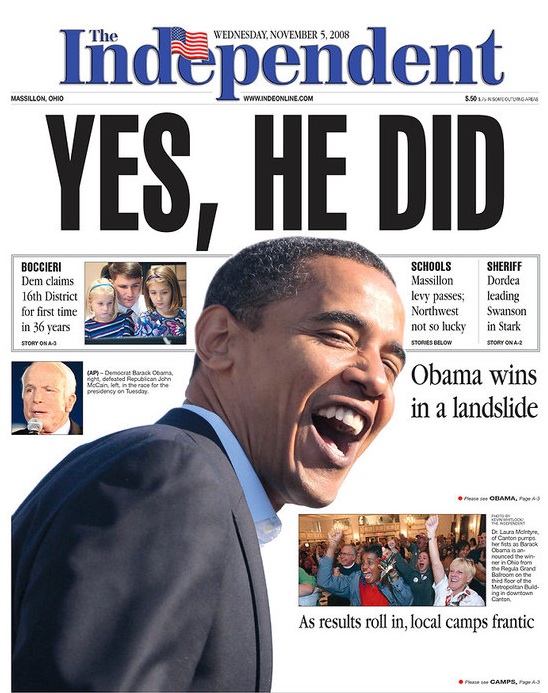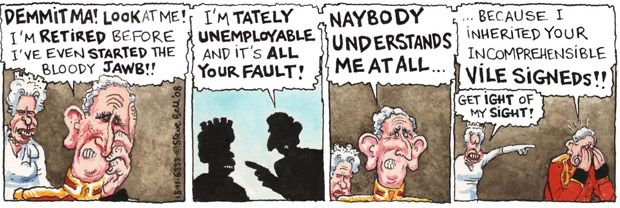Filled pauses and faked audio
After a period of having her staff send answers in writing to written questions, Caroline Kennedy recently granted an interview to Nicholas Confessore and David M. Halbfinger of the New York Times. On 12/27/2008, the NYT published an 8,600-word transcript of the interview, along with a conventional summary presentation whose online version includes a sidebar with nine short audio clips.
Sheila at Snarker Gawker listened to the first audio clip, and asked "How Many Times Can Caroline Kennedy Say 'You Know' in Under a Minute?" Sheila's answer was 12, and she remonstrated that "We can't listen to two years of this! Caroline: every pause need not be filled with wordage, you know?"
But for me, the most interesting part of this story wasn't Caroline Kennedy's choice of pause fillers, but the New York Times' editorial policy with respect to audio clips from interviews.
Read the rest of this entry »

